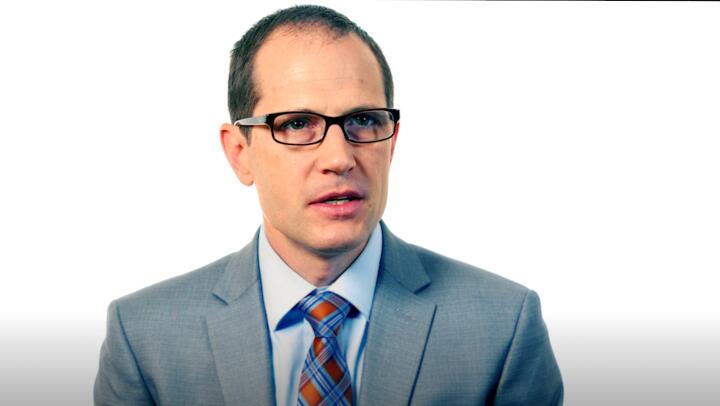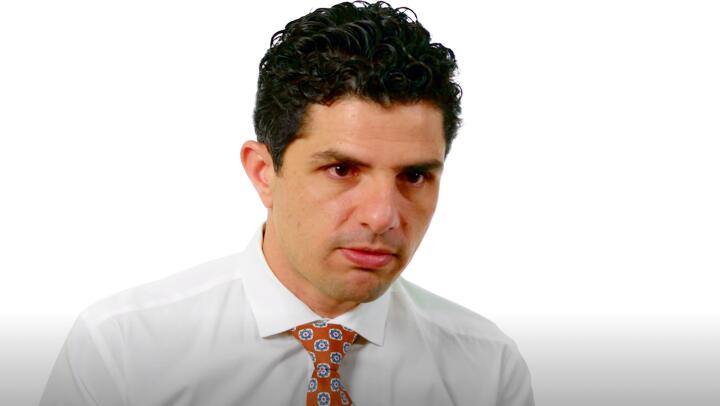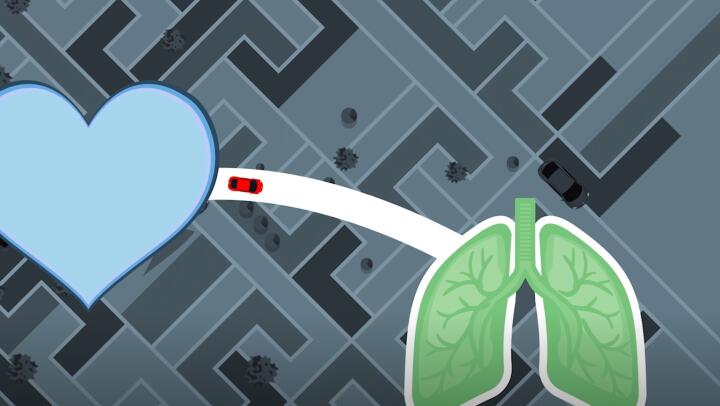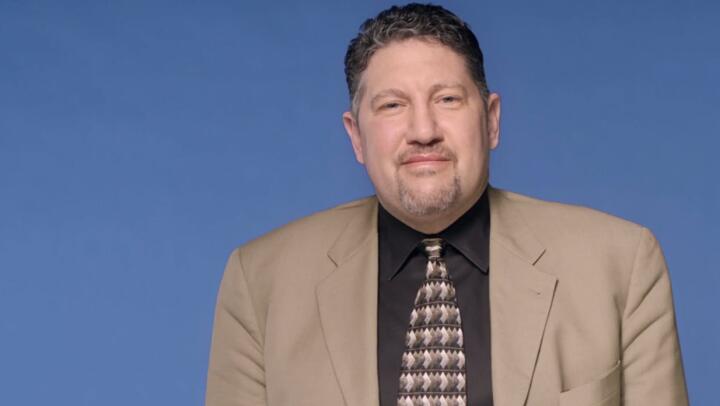
Taking medication is a key part of managing heart failure. The goal is to treat what's causing your heart failure so that the condition doesn’t get worse. Drugs can also ease your symptoms and improve your quality of life.
This means you may need more than one medication for heart failure—and each medication will have its own set of instructions for how to take it properly. Each also has its own risks of side effects. Make sure your doctor explains why you need each drug and what you should expect while taking them.
Types of Medications for Heart Failure
The right heart failure medicine for you depends on such factors as:
How well you respond to treatment
Whether you have a negative reaction to any medicines
The type of heart failure you have
The severity of your condition
Based on these things, your doctor may prescribe one or more of the following heart failure medicines.
Drugs to Reduce the Heart's Workload
ACE (angiotensin-converting enzyme) inhibitors: Lower blood pressure. This allows blood to flow more easily, so the heart doesn’t have to work as hard. Common ACE inhibitors include benazepril (Lotensin), captopril (Capoten), enalapril (Vasotec), fosinopril (Monopril), and lisinopril (Prinivil, Zestril).
ARBs (angiotensin-II receptor blockers): Relax the blood vessels and reduce blood pressure in a different way than ACE inhibitors. Common ARBs include candesartan (Atacand), eprosartan (Teveten), irbesartan (Avapro), and losartan (Cozaar).
ARNIs (angiotensin-receptor neprilysin inhibitors): Neprilysin is an enzyme that breaks down substances in the body that help widen narrowed arteries. ARNIs are combination drugs that contain an ARB and an inhibitor that limits the effects of this enzyme. By inhibiting neprilysin, taking this drug can improve blood flow and reduce the strain on the heart. A common ARNI is sacubitril/valsartan (Entresto).
Beta blockers: Lower blood pressure and make the heart beat more slowly and with less force. These effects can help ease the strain on the heart. Common beta-blockers include acebutolol (Sectral), atenolol (Tenormin), betaxolol (Kerlone), bisoprolol/hydrochlorothiazide (Ziac), bisoprolol (Zebeta), and metoprolol (Lopressor, Toprol-XL).
Calcium channel blockers: Block the movement of calcium into the heart and blood vessels. This helps relax the blood vessels and reduce the pumping force of the heart. Common calcium channel blockers include amlodipine (Norvasc), diltiazem (Cardizem, Tiazac), felodipine (Plendil), and nifedipine (Adalat, Procardia).
Vasodilators: Help relax the blood vessels and make the heart’s job easier. They work by boosting the supply of blood and oxygen to the heart. Common vasodilators include isosorbide dinitrate (Isordil), hydralazine (Apresoline), and minoxidil.
Drugs to Help the Heart Pump More Blood
Heart failure develops over time. The heart becomes increasingly weak and less able to pump blood. Digitalis is used as a heart failure medication because it helps the heart beat more strongly. This lets the heart supply more blood to the body. A common digitalis medication is digoxin (Lanoxin).
Drugs to Lower Cholesterol
The leading causes of heart failure are conditions that damage the heart, such as high blood pressure and coronary heart disease. The higher your blood cholesterol level, the greater your risk of heart disease and heart attack. Your doctor may prescribe a cholesterol-lowering medication to prevent more damage to your heart.
Several medicines can help lower low-density lipoprotein (LDL) cholesterol. That's the so-called “bad” cholesterol. Each drug works in a different way. Most people take statins, such as atorvastatin (Lipitor) or rosuvastatin (Crestor). If a statin alone doesn't work for you, other options include a statin combined with another medication. For instance, a statin/niacin combination (Advicor) or a statin combined with a cholesterol absorption inhibitor (Vytorin).
Drugs to Reduce Fluid Buildup in the Body
If the heart loses pumping power, blood can back up in the veins. This can cause fluid to build up inside the body. Your legs, feet and ankles can swell. Fluid can also get trapped in the liver, digestive tract, and belly. Sometimes fluid collects in the lungs, causing trouble breathing. You may take medication to relieve the buildup.
Aldosterone receptor antagonists: Block the effect of hormones that help regulate the level of sodium in your body. They can prevent heart failure from getting worse by changing the amount of sodium you lose in your urine. Like diuretics, they help get rid of extra fluid in your body and lower your blood pressure. Common aldosterone receptor antagonists include spironolactone (Aldactone) and eplerenone (Inspra).
Diuretics: Help get rid of some of the extra fluid in your body. Removing the extra fluid will lower your blood pressure and should help you breathe better. It will reduce the swelling in your feet and ankles, too. Common diuretics include amiloride (Midamor), bumetanide (Bumex), chlorothiazide (Diuril), chlorthalidone (Hygroton), furosemide (Lasix), and hydrochlorothiazide (Esidrix, Hydrodiuril).
Drugs to Prevent Blood Clots
Antiplatelet drugs: These drugs can also help reduce the risk of blood clots. They work by preventing blood platelets from sticking together to form clots. They're often prescribed for people with a buildup of plaque in their arteries. Common antiplatelet drugs include aspirin, clopidogrel (Plavix), and dipyridamole.
Blood thinners (anticoagulants): Heart failure can trigger abnormal blood clotting. Your doctor may give you a blood thinner to keep this from happening. Despite their name, blood thinners don’t actually thin the blood or dissolve blood clots. They work to keep your blood from clotting in the first place. Some common blood thinners include apixaban (Eliquis), heparin injection, rivaroxaban (Xarelto), and warfarin (Coumadin).




















